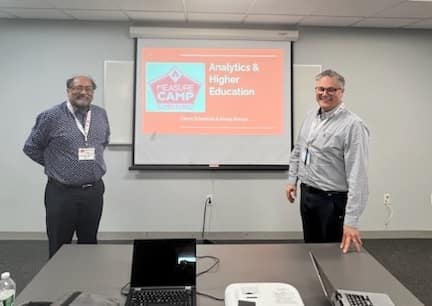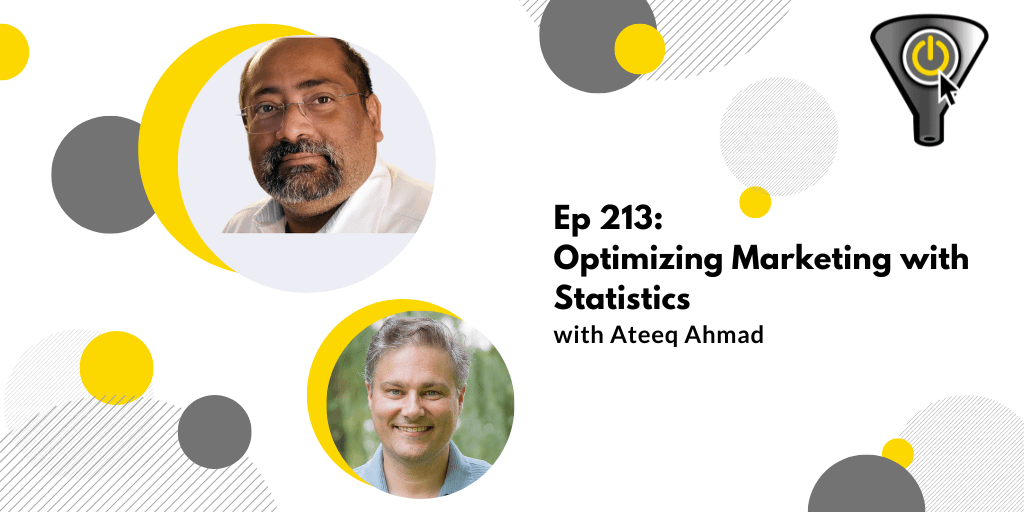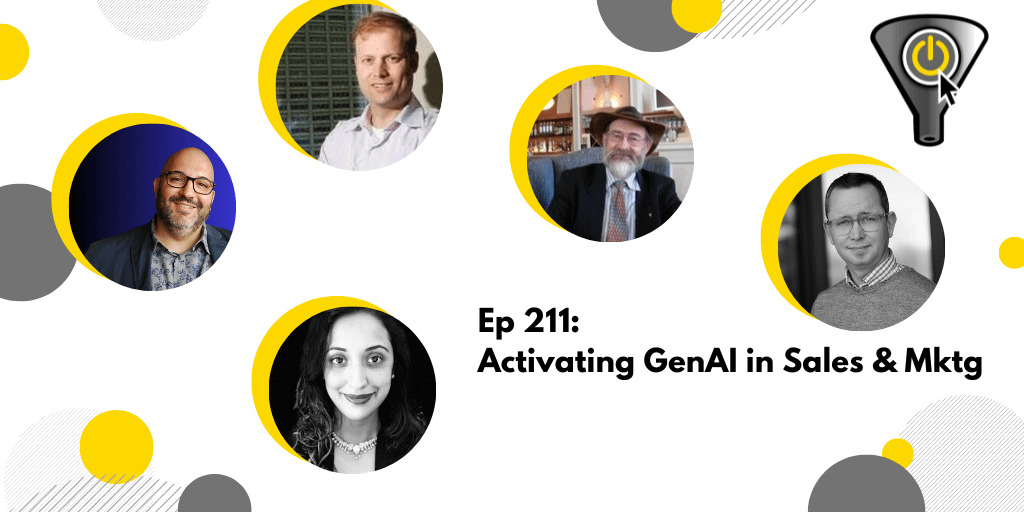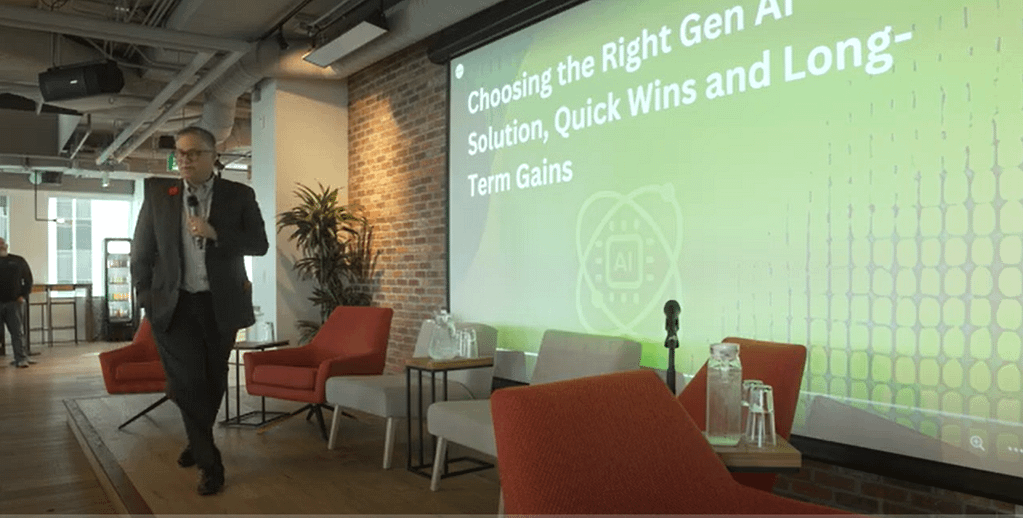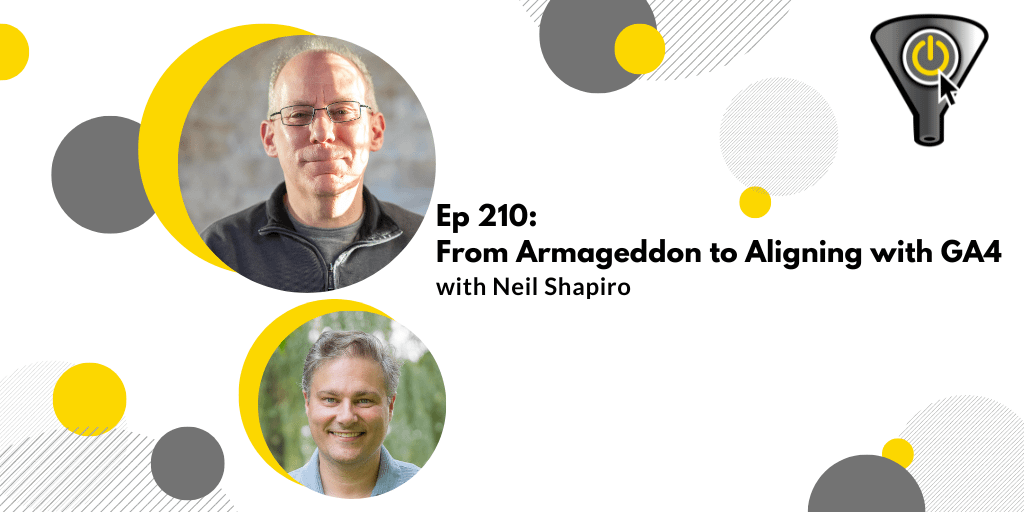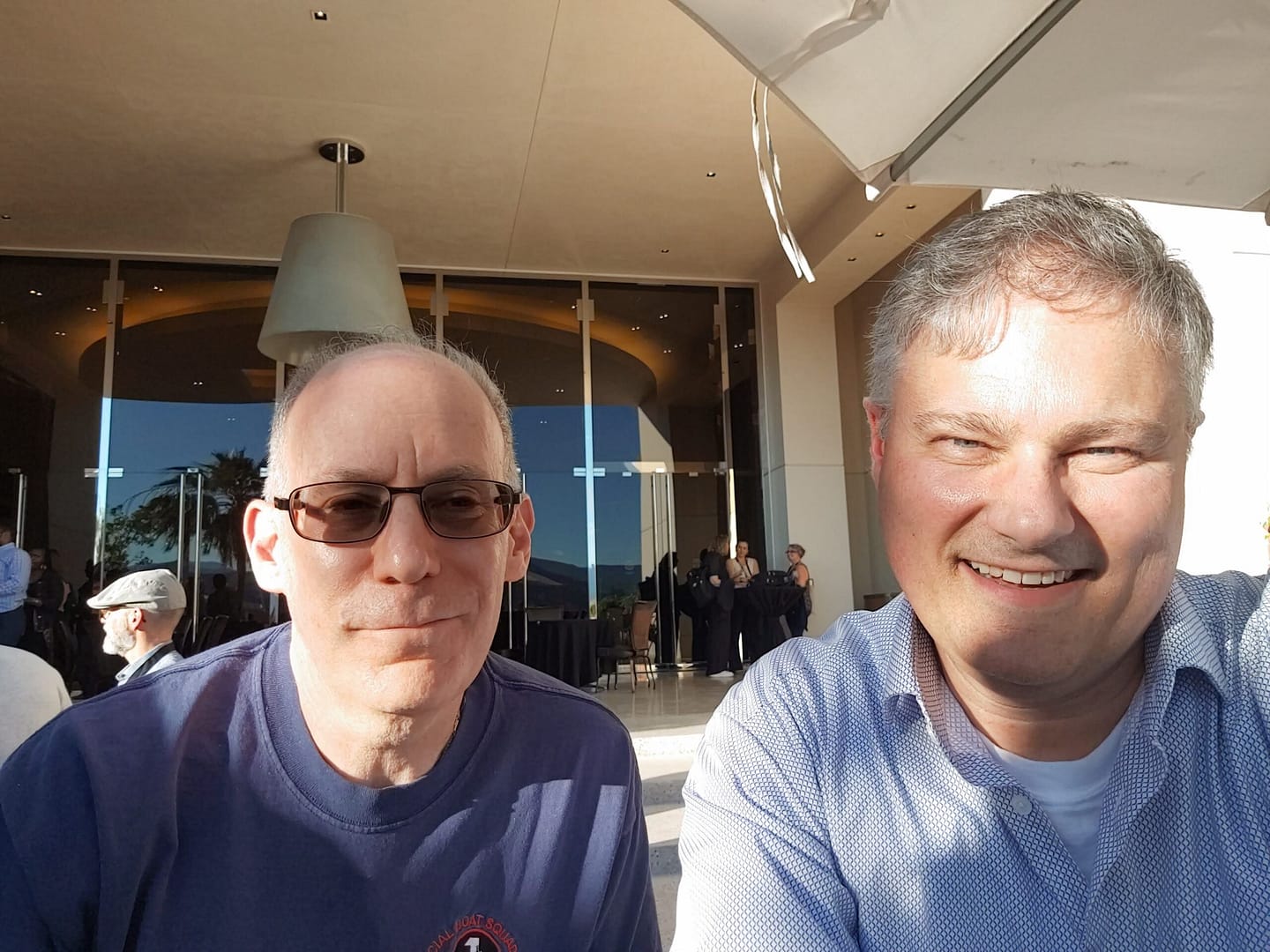Episode 213
Sometimes, to reach a solution, we must take unfamiliar paths.
In the early 1940s, a brilliant mathematician named Abraham Wald left his homeland in Hungary fleeing the spectre of war. He moved to the United States, and became part of a team at Columbia University tasked in 1942 with an aspect of the war where the Allies were losing badly to the Nazis. It involved the many Allied planes that would leave from England but never return to their bases, having been shot down somewhere over Europe. These B‑17 and B‑24 bombers had 10-man crews, weighed up to 30-32 tonnes, had wingspans of 100-110 feet, and were defended by machine guns planted along the plane’s entire length. Despite all this, they would lose planes every day, presumably because they’d taken enemy fire and either crashed during their campaign or as they headed back over the English Channel.
Wald’s team had to determine how to minimize bomber losses. They had been poring over aircraft returning from missions, mapping out the distribution of bullet holes across their fuselages. Their plan seemed logical — reinforce the areas with the most damage. But Wald saw what others missed.
Wald realized their sample set of data represented the survivors — the aircraft that had taken hits and still managed to return safely. There were other planes they weren’t examining, ones at the bottom of the channel or in occupied territory, that didn’t make it back. This lack of data could be biasing them to look at the problem backward. The planes they couldn’t sample could have been struck in areas that were more critical. Maybe the fact they were hit in those vulnerable spots was the reason behind them crashing and that the lack of damage in those spots on the surviving bombers simply meant they’d been lucky! the returning planes weren’t the rule, they were the exception.
Having flipped the problem around, the planes received reinforcements where the damage must be catastrophic, and from them on many more B17s and B24s completed their missions, helping the allies to victory in Europe. Some people call what Wald showed intuition, but that’s not what saved the allied bombers. Even though his approach seemed counterintuitive, data guided Wald to the solution.
This is Funnel Reboot, the podcast for analytically-minded marketers. Today’s episode goes outside our comfort zone, showing statistical tools in the hopes we’ll get a bit more comfortable using them.
Our guest today is someone who uses the same kind of critical reasoning – and statistics – to make sense of their product marketing problems. He is both someone who implements analytics tools, having configured over 500 sites, and one who posts prolifically about what he’s learned. He has also taught analytics at several New York colleges, and speaks at regional MeasureCamp events. After earning his MBA from Pennsylvania Western University, he spent about 20 years in corporate analytics. Then in 2017 with the support of his wife and three daughters, he set up his own firm, Albany Analytics. Listen now as he teaches you some tools that might help in your own marketing programs.
Let’s now go hear from Ateeq Ahmad.
People, products and concepts mentioned in the show
Contact Ateeq via AlbanyAnalytics.com
Reactions to an Ad at each successive impression:
The 1st time people look at an ad, they don’t see it.
The 2nd time, they don’t notice it.
The 3rd time, they are aware that it is there.
The 4th time, they have a fleeting sense that they’ve seen it before.
The 5th time, they actually read the ad.
The 6th time, they thumb their nose at it.
The 7th time, they get a little irritated with it.
The 8th time, they think, “Here’s that confounded ad again.”
The 9th time, they wonder if they’re missing out on something.
The 10th time, they ask their friends or neighbors if they’ve tried it.
The 11th time, they wonder how the company is paying for all these ads.
The 12th time, they start to think that it must be a good product.
The 13th time, they start to feel the product has value.
The 14th time, they start to feel like they’ve wanted a product like this for a long time.
The 15th time, they start to yearn for it because they can’t afford to buy it.
The 16th time, they accept the fact that they will buy it sometime in the future.
The 17th time, they make a commitment to buy the product.
The 18th time, they curse their poverty because they can’t buy this terrific product.
The 19th time, they count their money very carefully.
The 20th time prospects see the ad, they buy what it is offering.
Related Funnel Reboot Episode with Tim Wilson
Statistical tests:
Correlation – are two metrics related
T-tests – when and how to use them
Chi-Square Tests and their uses
RFM Modeling – best for email marketers
Market Basket Analysis – Products bought together
